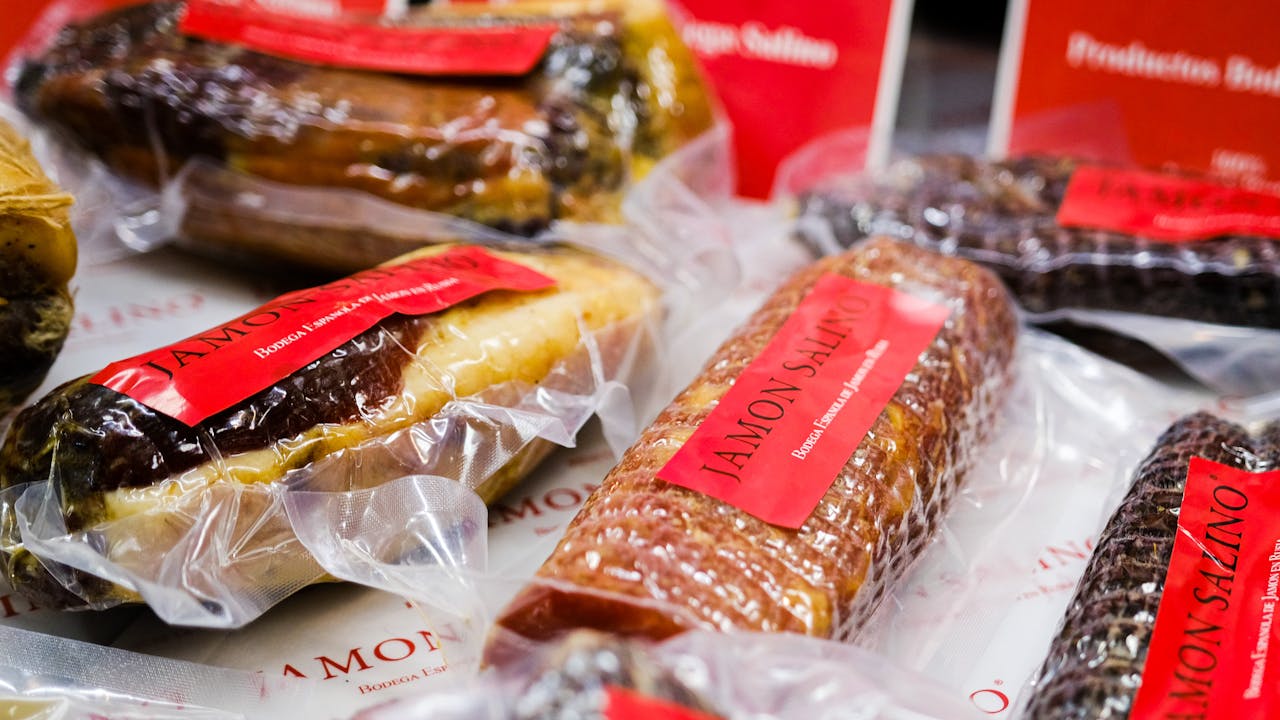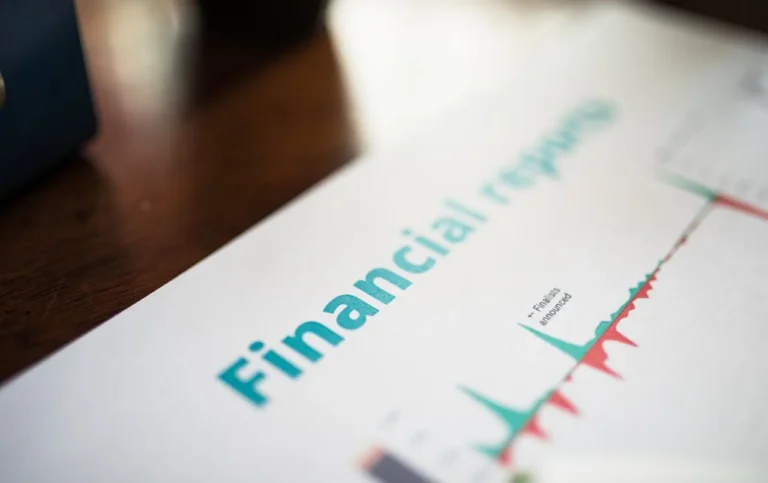
Nestlé is committed to a future where none of its packaging contributes to landfills or litter. On Global Recycling Day, the company emphasizes its strides in enhancing packaging for recyclability and bolstering waste management practices.
Antonia Wanner, Nestlé’s Head of ESG Strategy and Deployment, underscores their progress: “We are continuously reducing packaging, enhancing recyclability, and integrating renewable or recycled materials into our packaging. Our focus extends beyond design and material choices to actively building waste management infrastructure, advocating for regulatory alignment, and championing the rights of waste workers.”
By the close of 2023, 83.5% of Nestlé’s plastic packaging worldwide was recyclable. Notable transitions include the shift of Quality Street sweets and Smarties in the UK and Ireland to recyclable paper packaging.
However, for recyclable materials to fulfill their potential, robust waste management infrastructure is indispensable. Nestlé collaborates with local and national authorities, industry partners, civil society, and consumers to develop and enhance recycling infrastructure across its operating regions. It endorses a UN Treaty on Plastic Pollution and advocates for effective Extended Producer Responsibility and Deposit Return Systems regulations.
Nestlé has engaged in 220 initiatives to establish efficient waste collection, sorting, and recycling programs across Europe, Africa, Asia, North America, and Latin America. In the UK, a GBP 7 million investment is underway for a new recycling facility in Durham, focusing on processing flexible plastics.
In Belgium, a groundbreaking recycling initiative allows for the collection of all beverage capsules and pods, thanks to a collaborative effort involving Nespresso, Nestlé, JDE Peet’s, and FostPlus.
In Brazil, Nestlé partners with the Recicleiros Cidades project, offering job training, educating consumers on recycling, and implementing waste collection infrastructure in 11 states, empowering over 8,000 recycling professionals.
Nestlé is also committed to incorporating recycled and renewable materials into its packaging, with 41.5% of its total packaging comprised of such materials by the end of 2023. Initiatives include the use of 50% recycled polyethylene (rPE) in shrink film across European factories, with plans to increase the usage of food-grade recycled polypropylene (rPP) and rPE in brands like Nesquik, KitKat, and Purina.
The company’s dedication to keeping packaging materials within the circular economy, and away from the environment, remains unwavering.




